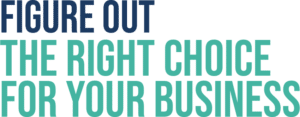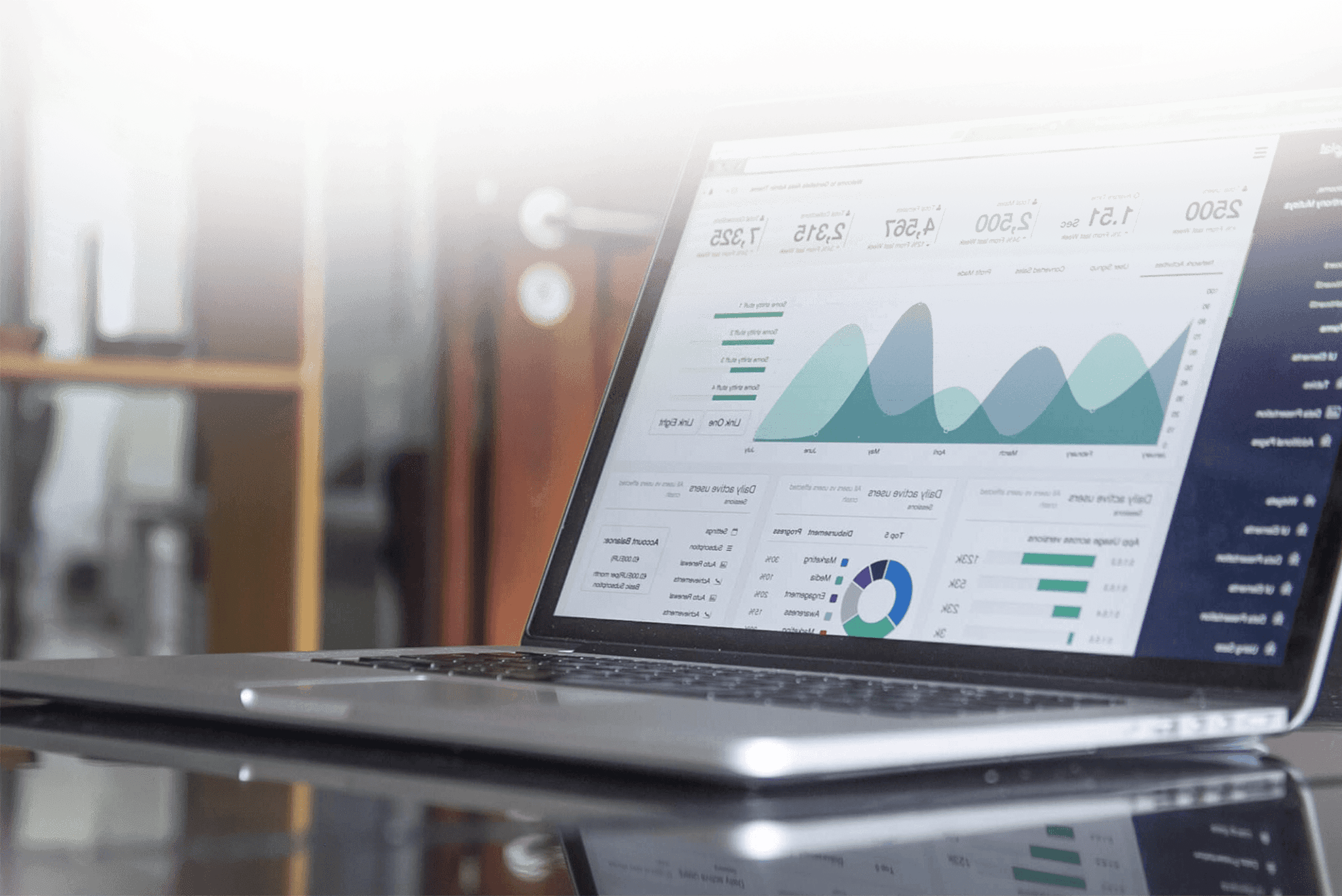Struggling to make a decision between buying and leasing for your business?
You’re not alone.
Every year, millions of business owners face the decision to buy or lease assets for their business. It can be challenging to figure out the differences and determine the right decision. As a business owner, you want to ensure that your decision is better for the business in the long haul.
In reality, there is no straightforward right or wrong decision when it comes to buying and leasing. The end result depends on the item you want to purchase and the conditions of the procurements. Each business is unique, and your decision must reflect the long-term priorities of your business.
In this article, we will evaluate the differences between buying and leasing and give you context on the right scenario for each option.
 Leasing Items and Equipment – Figuring Out the Right Choice
Leasing Items and Equipment – Figuring Out the Right Choice Leasing business equipment allows you to preserve your capital and have better cash flow. For businesses with low upfront capital, leasing can be an effective tool to expand your options and benefit from the immediate impact of the leased items. However, in the long haul, leasing is almost always the more expensive option.
Lease payments can also be conveniently deducted as business expenses on your tax return. This allows you to reduce the net cost of your lease and have long-term benefits from your purchase. Leases are almost easier to obtain and have low upfront conditions to avail. This can be a major advance for businesses that are starting out and don’t have the luxury of established positive credit.
Businesses often need to figure out the right decision when it comes to automobiles. If your business requires a fleet of vehicles, trucks, or personal vehicles for your sales team, leasing is definitely the better option.
Vehicles that are rigorously used frequently need to be replaced. In that landscape, leasing is the more cost-effective option because you’re able to save money on repair and maintenance. Depending on the terms of your warranty, you could also be able to improve your cash flow with leasing since leasing allows you to have more favorable terms when it comes to cash flow.
Leasing is also a much better choice when it comes to rapidly depreciating assets. For tax purposes, leasing automobiles with rapid depreciation offers further benefits as well. However, it is important to factor in the fact that leases are based on variables such as mileage and volume. To prevent incremental costs, it is important to monitor the leasing deals and comply with the criteria before moving forward with the leasing.
 Cases Where Buying is the Ideal Option
Cases Where Buying is the Ideal Option When you’re managing an established business, it could be worth it to buy instead of lease. For properties like commercial buildings, buying can be a viable option because you can then lease the property to the business. The separation of entities makes this a feasible option with embedded legal protection.
The commercial property depreciating over time will also offer tax benefits to the company. Real estate properties conventionally depreciate in over 30 years. Before moving forward with the purchasing decision, explore elements like parking space, landscaping, and other factors that might impact deprecation. Other building features such as HVAC and light must also be factored into the equation before making the final decision.
 Electronic Equipment and Purchases
Electronic Equipment and Purchases When it comes to purchases like electronic equipment, leases always turn out to be a lot more expensive than buying the items. The total investment into leased items also significantly exceeds the amount you’d have to spend if you bought the equipment. You also don’t have any equity or ownership rights to the equipment unless it becomes obsolete before the end of its lease period. The lack of ownership can be a major disadvantage for assets with a shorter lifespan and lower long-term value. You’re also obligated to make lease payments for the entirety of the lease period even when you’re no longer using the leased product. This makes it important to carefully review your leasing decisions. With purchasing, the decision is much simpler. Even if you make a bad purchase, you always have the ability to resell the item in the market with a minor depreciation hit. This allows you to have more cash flow and flexibility when it comes to usable assets.
 Checking Your Business Credit
Checking Your Business Credit Depending on your business credit, you might be able to access different options. Conventional business loans often have higher credit requirements than standard leasing through online vendors. Whether you’re thinking about buying or leasing, it is important to evaluate your business finances to ensure that your business is able to afford the decision.
In some cases, vendors will allow you to purchase the required equipment and material at a discount if you opt for leasing. Some leases often have affordable buyout clauses to simplify the process for you. Make sure you communicate with the leasing company to get the right terms for your lease.
Today, businesses have access to more options than ever before. Before making your decisions, make sure you carefully evaluate your options before making the final decision. Checking with your account, tax advisor, and business consultant is essential to ensure that you’re able to figure out the right mix for your business.






